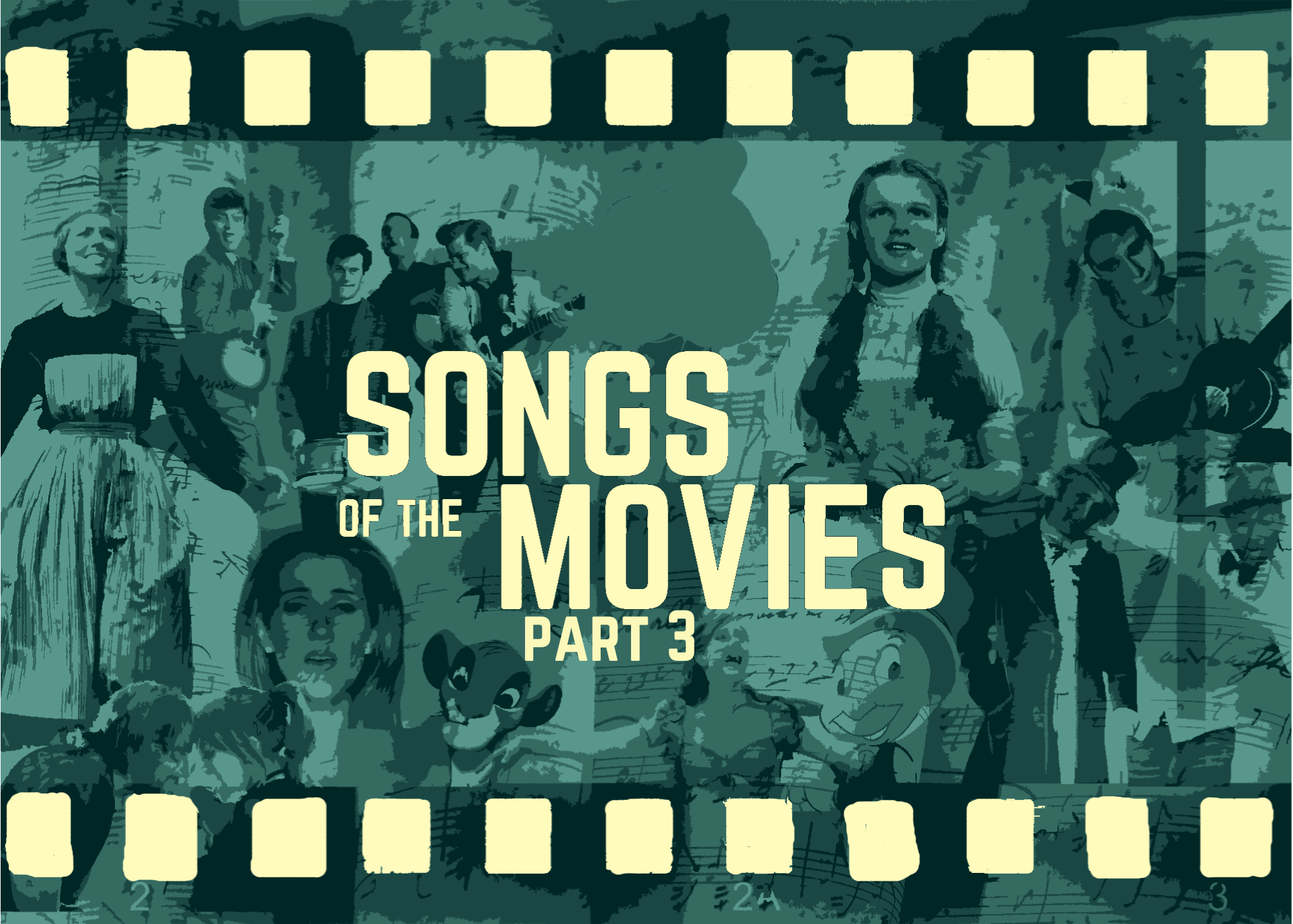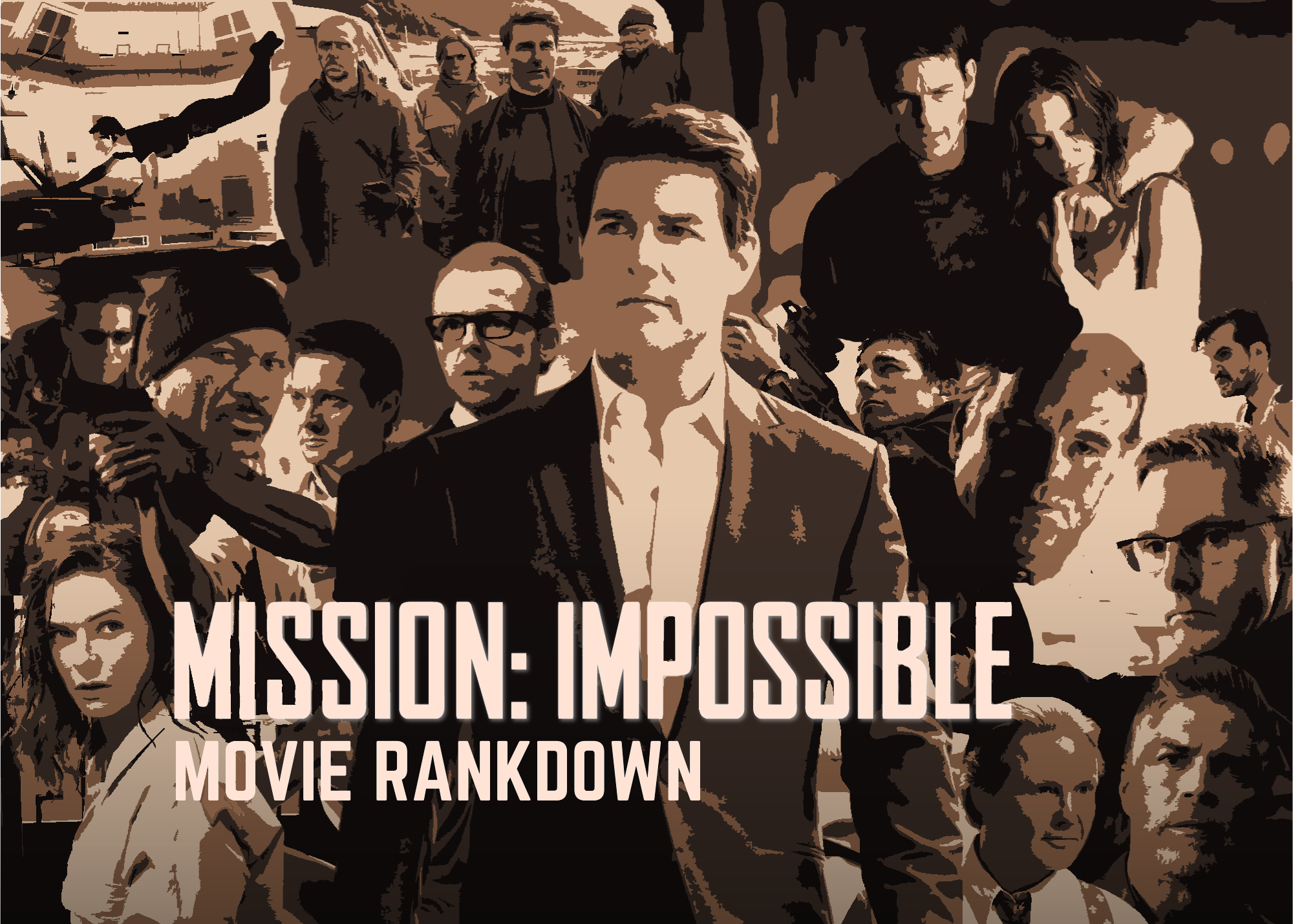Review: "Almost Famous" Sails On The Unstill Waters of a Rock n' Roll Wonderland
This review will find that one person not getting it off, and it will MAKE them get off.
ModernIn 2007, Nathan Rabin published a review of Cameron Crowe’s 2005 romantic dramedy Elizabethtown. Its lead female character, Claire, popped up at convenient times to usher the male lead through an adventure of self-discovery. She was "that bubbly, shallow cinematic creature that exists solely in the fevered imaginations of sensitive writer-directors to teach broodingly soulful young men to embrace life and its infinite mysteries and adventures:” the “Manic Pixie Dream Girl.”
So began a 16-year odyssey of feminist rebuttal to the existence of that fabled cinematic concoction, derided as a misogynistic microaggression from insecure, heterosexual white men who reject any woman with discernible personality traits. The men who believe that behaving like women can have autonomy, not just be mindless creatures whose sole contribution to society is stone-faced obedience, is ludicrous.
The retroactive disdain inspired Rabin to retract the term, a mournful occurrence considering two separate and equally important things:
1. It is one of the last pieces of original, insightful film criticism, and
2. He was right.
Reception is the death of creativity. By nature, creatives yearn for the validation of their audience, no matter how vehemently they assert otherwise. They condemn “haters” for their criticism but exalt fans for their praise, thus forgetting a fundamental truth: these people do not know them. It is just as baseless to be plainly condemning as affirming. Alas, they will never accept this, and so great reviews will get forced into alteration to appease the naysayers.
The more troubling idea is that by creating the “manic pixie dream girl,” Crowe had halted a decades-long progression into genuine cinematic feminism. The Barbarellas had given way to the Norma Raes, who evolved into the Marge Gundersons. Female characters had purpose, even if there was still a ways to go.
Penny Lane seemed revelatory at the time, some new breed of female character that defied the conventional wisdom of what a woman could be on screen. It was not that she was a woman warrior standing up for workers’ rights or kneeling in the snow weeks before her due date to catch a killer. It was some unquantifiable, breathy quality to her musing that, when paired with a nostalgic 70s setting, made her seem like something more than what limitations her archetype ultimately reached.
How far do we reach to condemn the trope when the original had something substantial to offer? Is it fair that Almost Famous and Penny Lane suffer the sting of reappraisal because subsequent writers, including Crowe, spent the next two decades getting it wrong?
Almost Famous is the story of 15-year-old William Miller, whose free-spirited sister moves to San Francisco to escape their overbearing mother, leaving a collection of rock albums behind. The music inspires William to become a rock journalist, and his freelance work catches the eyes of fellow writer Lester Bangs, who assigns William to a Black Sabbath concert. He fails to gain entrance backstage until the band Stillwater is flattered by his compliments and brings him with them. Having heard of William, Rolling Stone magazine hires him to travel with the band for an article. So begins a nostalgic adventure filled with sex, drugs, and rock 'n roll.
It is easy with autobiographical movies to reject purpose for a sugary reunion with the past. Crowe himself was a teenage journalist for Rolling Stone in the 70s, proving to be the “enemy” that slithered behind enemy lines. He was the man who connected with the heavy hitters that hated the magazine, the adolescent insight into the madness that encapsulated music’s most drug-filled, sex-dominant, morally bankrupt era. He was a consummate professional and a talented writer, but he was also just a kid.
Everyone is young to someone: 12 is young to 20, which is young to 37, which is young 48, which is young to 57, and so on. Our lives get lived as a slow download that passes by in a flash. We are always learning, growing, and progressing, often in ways we are unaware of and rarely want to acknowledge.
We are the heroes of our tales, the authors of our destiny, and thus reflection is rarely honest. We were always wise beyond our years. We always had the world figured out. We were always ready for anything that came our way and handled it with aplomb. It takes a rare film to look back and love the idea as much as the reality.
Almost Famous offers up the familiar without sacrificing its individuality. We know we need to be ourselves, carve our path, and surge ahead with all our messy glory in tow. The art we pour our souls into cannot get compromised by dreams of something that integrity cannot allow. We have to fight the power, even if that means complaining that the institutions we revere are getting ruined before our eyes without specifying exactly how that is the case.
We cannot know. We cannot always put our finger on the why or how. Life is about feelings, and the more impossible they are to explain, the more fully they define us. A wide-eyed teenager swept up in the mania of his dreams can have a million things thrust upon him. He can fall in love with a damaged soul clinging to the man more than the music. He can get ripped from a bathroom plastered in post-it notes to get deflowered on a dingy hotel bed. He can bolt across the airport, desperate for one last moment with the woman he loves. He can also come home as the very thing the people he admires respect most: unchanged in all the ways that count, but different in how a person should grow.
Stillwater is a mish-mash of contradictions; for all the talk of sticking it to the man and defying the call for convention, they fit the familiar mold of rock n roll bands. The singer belts the words, fronting the band while longing for validation. The sexy, brooding guitarist gets the enviable attention. Marriages falter under the weight of life on the road. The bassist and drummer get relegated to background figures whose role will go unsung unless the band hits the big time; the latter has but one line, a shocking revelation during a near-brush with the most predictable musical tragedy of all: a plane crash.
William is there to write a story, but the story lies within him. He is not there to find the one guy in the audience not getting off so he can make him get off or have an affair that he’ll drop the second real life shows up. He is not there to be the enemy: he is there because he loves the music. It does for him what it does for anyone. It makes him feel alive. It works in cyclical congress with his dreams: the music feeds his quest to find the artists’ soul, that quest making him appreciate the music even more.
Despite this, Almost Famous understands that William is the person through which everyone must realize themselves. Russell never knew someone could see him through William’s eyes. It isn’t blind sycophancy or the aching love of a glorified groupie. It’s someone who saw everything he did, learned him for who he genuinely was, and embraced him for that truth.
Russell threw away the one true fan he had. Accepting that fact means just as much as Penny securing her self-respect by rejecting one final advance or William’s willingness to let go of the fantasy and embrace reality. The music can be a revelation of self, a decision to cut ties, or a refusal to compromise. If everyone accepts that, no “enemy” can take it away.
It’s how the film can employ that endless parade of cliches without feeling disingenuous. It has the fledgling band, the overprotective mother, the older sibling whose existence is almost mythical, even the people whose purpose in our lives proves incidental even though we felt in the moment that they meant the world. The communion of looking out the window at the passing midwestern plains while singing to a rock classic feels self-contained, and it is in as many ways as it is not. Almost Famous knows the subtle variations - that helicopter mother having substance to her mania, that “manic pixie dream girl” offering more than breathy musings, or the teenager just as readily snapped out of a hedonistic lifestyle as sucked into it - earn its earnestness.
It is not uncommon for filmmakers to ask and answer questions about their youth. Whether it is high school football, the last burst of youth in an early 60s summer, or the rock n roll adventures of a teenage journalist: nostalgia is a powerful beast but meaningless without sincere reflection. Young men always see women as “that bubbly, shallow cinematic creature that exists solely in the fevered imaginations of sensitive writer-directors to teach broodingly soulful young men to embrace life and its infinite mysteries and adventures.”
Romanticism is a part of growing up, just like cracking the veneer and exposing the reality beneath. It is often long after the best years have passed that we feel they were the best years, but Almost Famous realizes something few films, and even fewer people, do: we are constantly growing, learning, and progressing. We are the authors of our fate, but Almost Famous embraces one subtle difference: our stories do not have one hero. People can prove just as much a force in our lives as we are; that is okay.
It’s okay to want to go home after a lifetime running from it. It’s okay to let your children experience more of the world than you anticipated. It’s okay to want someone who doesn’t want you or care about someone in a way that doesn’t always make sense. It’s okay to have gotten traded for a case of beer or give someone the wrong address. It’s okay to hate the man, and it’s okay to be the man.
The only thing that matters is that we let people affect us, allow our experiences to take hold, and surrender total ownership of our lives for a collaboration where we can write, love, and play the music together, even if that means heartbreak. Almost Famous may have started an unfortunate course for which Crowe was both chief architect and primary purveyor, but it understands the role of fevered imaginations and brooding soulfulness in a young life. They earn their dipping into the past by finding value to the madness, an idea of what everything we experienced did for us, and what it means to be almost famous.
.png)
97
Director - Cameron Crowe
Studio - DreamWorks Pictures
Runtime - 122 minutes
Release Date - September 22, 2000
Cast:
Patrick Fugit - William Miller
Kate Hudson - Penny Lane (Lady Goodman)
Billy Crudup - Russell Hammond
Frances McDormand - Elaine Miller
Jason Lee - Jeff Babe
Philip Seymour Hoffman - Lester Bangs
Zooey Deschanel - Anita Miller
Anna Paquin - Polexia Aphrodisia
Fairuza Balk - Sapphire
Bijou Phillips - Estrella Starr
Terry Chen - Ben Fong-Torres
Editor - Joe Hutshing, Saar Klein
Cinematography - John Toll
Screenplay - Cameron Crowe
Score - Nancy Wilson

%20(13%20x%206%20in)%20(13%20x%204%20in).png)





































.png)






.png)